Is Vegetable Oil Good For Hair Growth? How To Use It
Before switching cosmetic hair oil with vegetable oils, take note of the dos and don'ts.
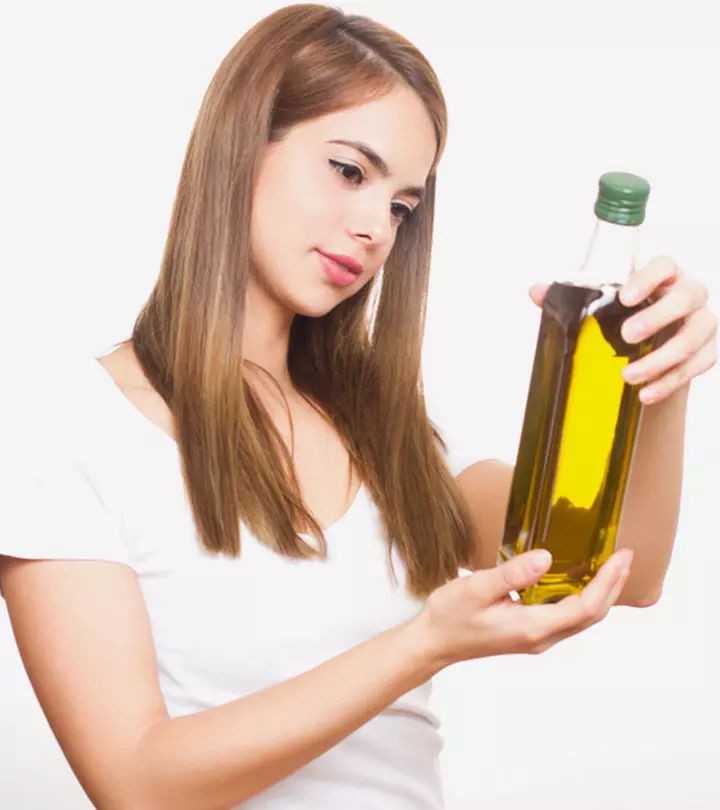
Image: Shutterstock
Vegetable oils have been in our culture for centuries. The high levels of unsaturated fats in these natural oils are important for your health. But is vegetable oil good for hair? The essential fats in vegetable oils are beneficial for damaged hair. They also help retain moisture, protect your hair from breakage, condition the hair, and minimize dryness.
This article explores how vegetable oils benefit your hair and how you can incorporate them into your hair care routine. Keep reading.
In This Article
How Is Vegetable Oil Good For Your Hair?
Vegetable oils are rich in carbohydrates and essential nutrients that can repair damaged hair. Many cosmetics formulations contain vegetable oils as they help improve the cuticles and increase hair softness (1).
Also, unlike many store-bought hair products filled with chemicals, vegetable oils provide a natural option that nourishes your hair without harmful additives. This makes vegetable oils a safer and more eco-friendly choice for keeping your hair healthy and vibrant. They not only support hair health but also minimize exposure to potentially irritating substances found in some traditional products.
However, do not pick any random jar of cooking oil from your kitchen shelf to use on your hair. Cooking oils are processed and may not contain the essential nutrients your hair might need. Always use unprocessed, cold-pressed, and virgin vegetable oils (like virgin coconut, olive, jojoba, and argan oils) on your hair.
Here is how vegetable oils may benefit your hair:
1. Hair Conditioning

Hair conditioning is important to hydrate, repair, and protect dry hair. Using vegetable oils like olive oil for dry hair can provide much-needed nourishment. They penetrate the hair and reduce the rate of water absorption, minimizing swelling and hair damage. Vegetable oils reduce hygral fatigue (repeated swelling and drying) to prevent hair damage (2).
2. May Prevent Dandruff
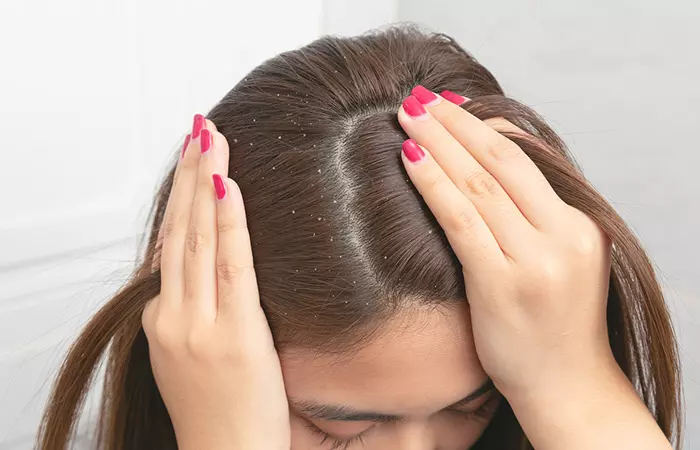
Coconut oil may help prevent the growth of Malassezia, a yeast-like fungus that causes dandruff. A study found that those who applied coconut oil to the scalp had a less severe case of dandruff (3).
3. May Promote Hair Growth
Olive oil may promote hair growth. A study found that oleuropein, the main constituent of olive leaves and fruits, encouraged hair growth in telogenici Telogen is a hair cycle stage. Being telogenic means some hair starts falling out after the resting phase of 3 to 4 months. mice (4).
4. May Prevent Scalp Inflammation
Vegetable oils like olive, grape seed, sunflower, coconut, safflower, avocado, peanut, sesame, and jojoba oils contain essential fatty acids that prevent oxidative damagei It boosts skin aging process, such as wrinkles and sagging through an imbalance between antioxidants and free radicals in the body. , inflammation, UV damage, and skin barrieri It is the outermost layer of the skin protecting the body against external factors, such as sunlight and pollution. degeneration. Almond oil helps prevent itching and soothes the skin (5). All these vegetable oils may also have a similar effect on the scalp and help maintain optimal scalp health.
5. Protects Hair From Heat Damage
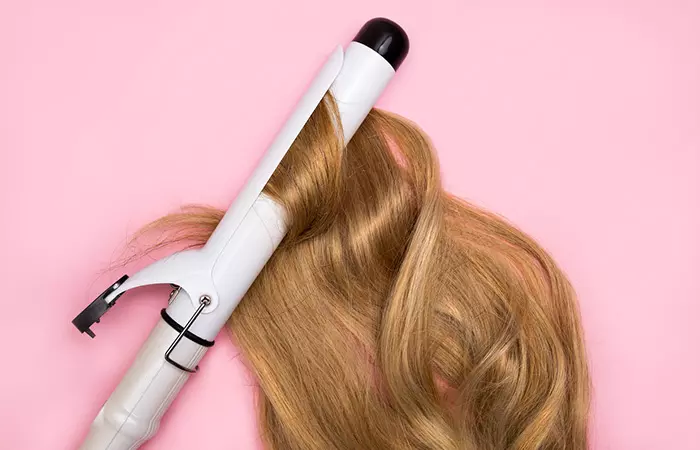
You can use a few drops of any vegetable oil as a hair protectant. The vegetable oil coats the hair and shields it from damage caused by heat-styling tools. It also adds shine and bounce to the hair and shields it from environmental damage.
Tina Tomato, a Youtuber, talks about her experience of massaging her hair with castor oil for 30 days. She notes that she noticed her hair and bangs grew an inch. She adds that though there wasn’t really any change in the thickness and volume, she noticed improvement in her hair appearance and look. She adds, “It just looks more lively and bouncier. And you can kinda tell that from the way that the hair falls.and it seems that there’s a healthier shine to it as well…I think my hair does feel stronger and especially my scalp feels healthier… my scalp was always kinda itchy and now, after applying castor oil, my hair just feels very fresh (i).”
Vegetable oils contain essential nutrients that are beneficial for your overall and hair health. Let’s take a look in detail.
Key Takeaways
- Cold-pressed virgin vegetable oils are loaded with beneficial fatty acids and nutrients that nourish, moisturize, and protect the hair from any damage.
- Coconut oil is good for treating dandruff, while olive oil promotes hair growth.
- Make the most of vegetable oils by adding them to your natural DIY hair masks.
What Are Vegetable Oils Composed Of?
Vegetable and plant oils are composed of essential fats and nutrients like (5):
- Triglycerides (boost skin hydration)
- Free fatty acids like oleic acid (act as permeability enhancers)
- Tocopherols (antioxidants)
- Phospholipids (act as permeability enhancers and anti-inflammatory agents)
- Squalene (emollient and natural antioxidant)
- Linoleic acid (maintains skin barrier)
- Polyphenols (like catechins, trans-resveratrol prevent oxidative damage)
- Phenolic alcohols (like flavonoids, lignans prevent oxidative damage)
All these ingredients in different vegetable oils work together to maintain scalp and hair health. In the next section, learn the ways to incorporate vegetable oils into your hair care routine.
How Can I Use Vegetable Oil For Hair Growth?
Note: Use any cold-pressed and virgin vegetable oil (like coconut, jojoba, avocado, sweet almond, olive, castor, sunflower, grape seed, and sesame oils) of your choice for the masks. Avoid cooking oil.
Also, adjust the quantity as per the hair length.
 Quick Tip
Quick Tip1. Beer And Oil Mask
Beer is often used as a post-wash hair rinse to add shine and improve hair smoothness. Mixing it with any vegetable oil enhances its hair conditioning properties.
You Will Need
- 200 ml beer
- 1 tablespoon of any vegetable oil
Method
- Mix the oil and beer and wash your hair with it.
- Leave it on for 15-20 minutes.
- Rinse with a mild shampoo.
- Use once or twice a week for shiny and soft hair.
2. Eggs And Vegetable Oil Hair Mask
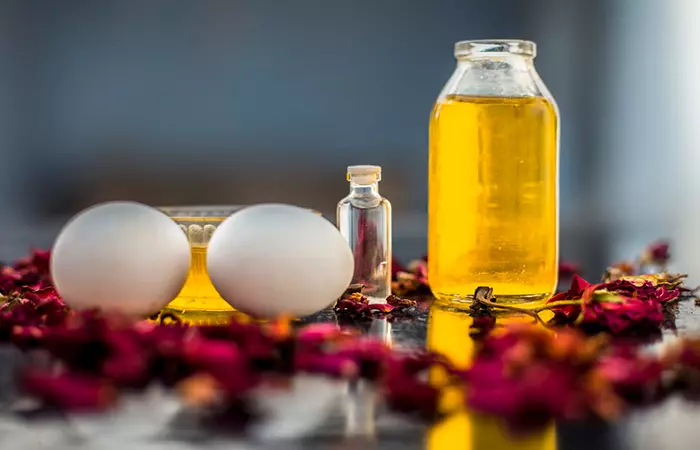
Egg yolk contains water-soluble peptides that can promote hair growth and prevent female pattern hair loss (6). This hair mask will help maintain hair health and prevent hair loss.
You Will Need
- The yolk of an egg
- 1 tablespoon of any vegetable oil (preferably castor oil)
Method
- Beat the egg yolk and mix with the oil.
- Apply the mixture evenly to your hair.
- Leave it on for 15-20 minutes.
- Wash off with shampoo and lukewarm water.
- Use the mask twice a week.
3. Vegetable Oil And Avocado Hair Mask
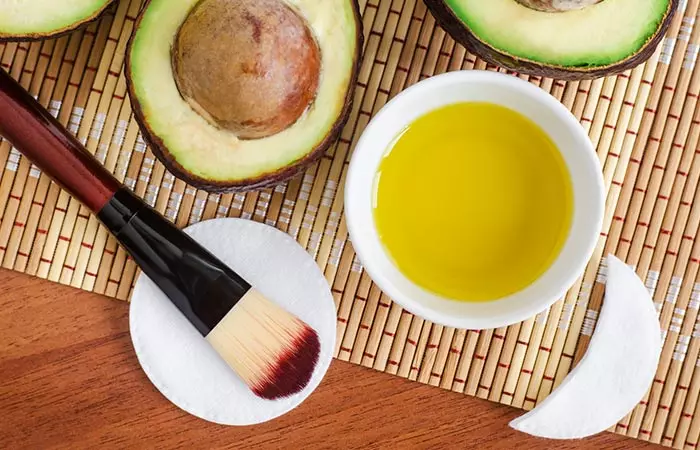
Mashed avocado is often used in hair masks to help lubricate the hair strands. You may mix olive, coconut, or jojoba oil for additional hair nourishment.
You Will Need
- 1 tablespoon of olive oil
- 1 tablespoon of coconut or jojoba oil (optional)
- 1 mashed avocado
- The yolk of an egg (optional)
Method
- Mix the avocado, oils, and egg yolk (if using).
- Apply the mixture to damp hair.
- Use a wide-toothed comb to ensure even application.
- Leave it on for a minimum of 30 minutes.
- Wash off with a mild shampoo.
4. Banana And Vegetable Oil Hair Mask
Bananas offer a rich supply of magnesium, potassium, and silicon (7) (8). Silicon compounds, including silica, enhance the strength of the outer hair layer. This protects hair from damage and gives it a radiant appearance (2). It also keeps your hair moisturized and hydrated (9).
You Will Need
- 1 ripe banana
- 2-3 tablespoons of olive oil
Method
- Mash the banana in a bowl.
- Add the olive oil, adjust as needed.
- Apply the mask evenly from the roots to the tips of your damp hair.
- Cover with a shower cap and leave it to rest for 30 to 45 minutes.
- Rinse with cool water.
- Wash with a mild shampoo and conditioner to remove any residue.
- Use weekly for optimal results.
5. Vegetable Oil Pre-Shampoo Treatment
Pre-shampoo treatments involve applying vegetable oil to dry hair before washing. This method allows the oil to penetrate the hair shaft, providing deep nourishment. This technique can enhance moisture retention and reduce damage from cleansing.
You Will Need
- Your choice of vegetable oil (such as olive oil, coconut oil, or avocado oil)
Method
- Apply a generous amount of vegetable oil to dry hair, focusing on the lengths and ends.
- Gently massage the oil into your hair and scalp for better absorption.
- Leave the oil on for at least 30 minutes.
- Rinse with water.
- Wash with your regular shampoo to remove any excess oil.
- Use this treatment once a week for best results.
These are the ways to use vegetable oil for maintaining hair health. However, you can also oil your hair directly. In that case, you should leave it on for a specific time for the optimal benefits. Read the next section for more details.
How Long Should I Leave Vegetable Oil On My Hair?
You may leave the oil on your hair for a minimum of 1-2 hours. However, if you prefer an overnight application, you can leave it on for not more than 6-7 hours. Beyond that, your scalp and strands will gather dust and dirt, and the oil may clog the hair follicles.
 Quick Tip
Quick TipIf you are using the oil with a hair mask, you may leave it on for at least 30 minutes, especially if you have dry and damaged hair.
Does Vegetable Oil Help With Dry Hair?
Yes. Vegetable oils are excellent hair conditioners. They can penetrate the hair shaft, nourish the hair from within and smoothen the raised cuticles for softer and smoother hair. Vegetable oil is also beneficial for maintaining and moisturizing processed and colored hair.
While vegetable oil can be a great remedy for dry hair, it is important to be aware of their potential side effects. Keep reading to discover what you should watch out for!
Potential Side Effects Of Using Vegetable Oils On Hair
Although vegetable oils are mostly safe to use, there are some side effects to keep in mind. Using too much oil can make your hair greasy and accumulate buildup, which may need a clarifying shampoo to remove. For those with oily scalps, it is best to use these oils in moderation as they can worsen oiliness and clogged pores. Always do a patch test before using a new oil extensively.
Infographic: Best Vegetable Oils For Different Types Of Hair
Vegetable oils are oils derived from different parts of plants, such as seeds, and flowers. Most cold-pressed, organic vegetable oils can have many benefits for the hair. However, some are better suited for certain hair types than others. Check out the infographic below to know about the most suitable oils for different types of hair.
Some thing wrong with infographic shortcode. please verify shortcode syntax
Vegetable oils are nutritionally-rich oils that have been used for centuries for health and hair. These oils are versatile choices for hair treatments, providing deep hair moisturizing and hair strengthening benefits. They consist of essential fats and carbohydrates perfect for hair conditioning, hair repair, stimulating hair growth, and preventing dandruff and scalp inflammation. You can combine vegetable oils that are good for your hair, like coconut, jojoba, or olive oil, with ingredients such as egg or avocado to make hair masks. Incorporating these oils into your hair care routine will nourish and moisturize your hair, making them smooth and healthy in the long run.
Frequently Asked Questions
Can vegetable oils help with split ends?
Yes, vegetable oils can make split ends look less noticeable by adding moisture and nourishment to the hair. However, they do not fix split ends. So, it is important to get regular trims and maintain a good hair care routine to prevent them.
How do you make your hair grow overnight with vegetable oil?
As with all ingredients, your hair will not grow overnight after you use vegetable oil just once. You will see noticeable results after using them like regular hair growth oils for a few months consistently.
How do you wash vegetable oil out of hair?
Rinse your hair with warm water. Warm water opens your hair shafts and the pores on your scalp, making it easier to remove the oil. Use a clarifying shampoo to thoroughly cleanse your hair and scalp. Wash it off with warm water. Repeat the process if your hair is still greasy.
Should I comb my hair after oiling?
No. Your hair becomes relaxed and fragile after an oil massage or hot oil treatment, and combing may cause hair breakage.
Is it better to apply oil to dry or wet hair?
Applying oil to dry hair helps effectively nourish it and address its damage and dryness. But ensure your hair and scalp are clean so that the oil is absorbed properly.
Can I oil my hair every day?
No, oiling your hair every day can make it greasy and attract dirt. Hence, it is recommended to oil hair twice a week.
Which oil is best for hair growth and thickness?
Coconut oil is ideal for promoting hair growth and thickness. Its lauric acid, essential vitamins, and fatty acids may help nourish the scalp and remove sebum buildup from hair.
Experience a wash day like no other! Explore the use of vegetable oil as a pre-poo treatment. Discover the truth about its impact on natural hair—did it cause damage or deliver stunning results? Find out now in the following video!
Personal Experience: Source
StyleCraze's articles are interwoven with authentic personal narratives that provide depth and resonance to our content. Below are the sources of the personal accounts referenced in this article.
i. 30 Days of Castor Oil on My Thin Hairhttps://www.youtube.com/watch?v=9jBDz-sYoCA
References
Articles on StyleCraze are backed by verified information from peer-reviewed and academic research papers, reputed organizations, research institutions, and medical associations to ensure accuracy and relevance. Read our editorial policy to learn more.
- Development and efficacy evaluation of hair care formulations containing vegetable oils and silicone
https://www.researchgate.net/publication/332582347_Development_and_efficacy_evaluation_of_hair_care_formulations_containing_vegetable_oils_and_silicone - Hair Cosmetics: An Overview
https://www.ncbi.nlm.nih.gov/pmc/articles/PMC4387693/ - Association of Malassezia species with dandruff
https://www.ncbi.nlm.nih.gov/pmc/articles/PMC4069738/ - Topical Application of Oleuropein Induces Anagen Hair Growth in Telogen Mouse Skin
https://journals.plos.org/plosone/article?id=10.1371/journal.pone.0129578 - Anti-Inflammatory and Skin Barrier Repair Effects of Topical Application of Some Plant Oils
https://www.ncbi.nlm.nih.gov/pmc/articles/PMC5796020/ - Naturally Occurring Hair Growth Peptide: Water-Soluble Chicken Egg Yolk Peptides Stimulate Hair Growth Through Induction of Vascular Endothelial Growth Factor Production
https://pubmed.ncbi.nlm.nih.gov/29583066/ - Comparative Evaluation of the Nutritive, Mineral, and Antinutritive Composition of Musa sinensis L. (Banana) and Musa paradisiaca L. (Plantain) Fruit Compartments
https://www.ncbi.nlm.nih.gov/pmc/articles/PMC6963461/ - The comparative absorption of silicon from different foods and food supplements
https://www.ncbi.nlm.nih.gov/pmc/articles/PMC2744664/ - Traditional and Medicinal Uses of Banana
https://www.phytojournal.com/archives/2012/vol1issue3/PartA/9.1.pdf
- Development and efficacy evaluation of hair care formulations containing vegetable oils and silicone
- Development and efficacy evaluation of hair care formulations containing vegetable oils and silicone
https://www.researchgate.net/publication/332582347_Development_and_efficacy_evaluation_of_hair_care_formulations_containing_vegetable_oils_and_silicone - Hair Cosmetics: An Overview
https://www.ncbi.nlm.nih.gov/pmc/articles/PMC4387693/ - Association of Malassezia species with dandruff
https://www.ncbi.nlm.nih.gov/pmc/articles/PMC4069738/ - Topical Application of Oleuropein Induces Anagen Hair Growth in Telogen Mouse Skin
https://journals.plos.org/plosone/article?id=10.1371/journal.pone.0129578 - Anti-Inflammatory and Skin Barrier Repair Effects of Topical Application of Some Plant Oils
https://www.ncbi.nlm.nih.gov/pmc/articles/PMC5796020/ - Naturally Occurring Hair Growth Peptide: Water-Soluble Chicken Egg Yolk Peptides Stimulate Hair Growth Through Induction of Vascular Endothelial Growth Factor Production
https://pubmed.ncbi.nlm.nih.gov/29583066/ - Comparative Evaluation of the Nutritive, Mineral, and Antinutritive Composition of Musa sinensis L. (Banana) and Musa paradisiaca L. (Plantain) Fruit Compartments
https://www.ncbi.nlm.nih.gov/pmc/articles/PMC6963461/ - The comparative absorption of silicon from different foods and food supplements
https://www.ncbi.nlm.nih.gov/pmc/articles/PMC2744664/ - Traditional and Medicinal Uses of Banana
https://www.phytojournal.com/archives/2012/vol1issue3/PartA/9.1.pdf
Read full bio of Dr. Shruti Chavan
Read full bio of Ramona Sinha
Read full bio of Anjali Sayee
Read full bio of Monomita Chakraborty






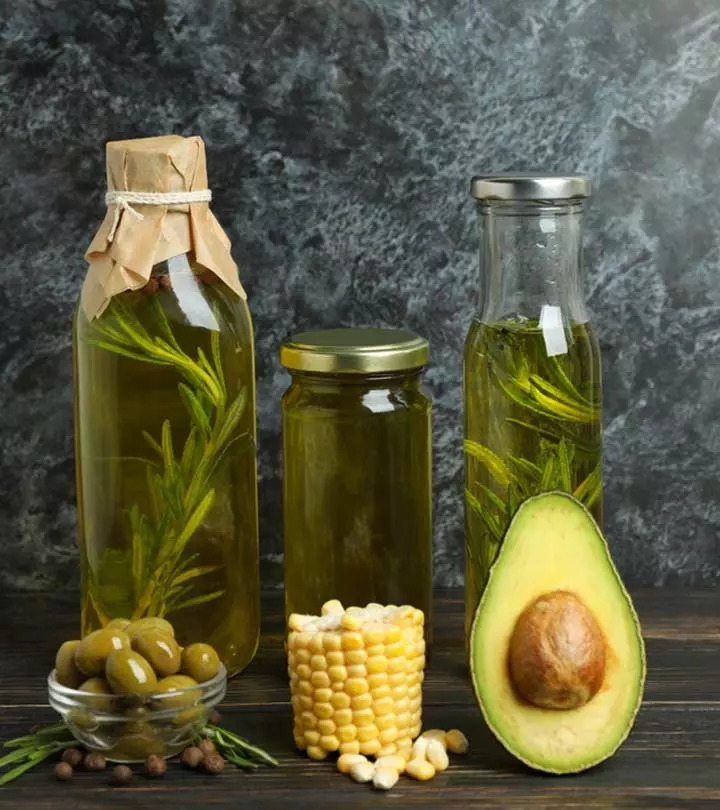
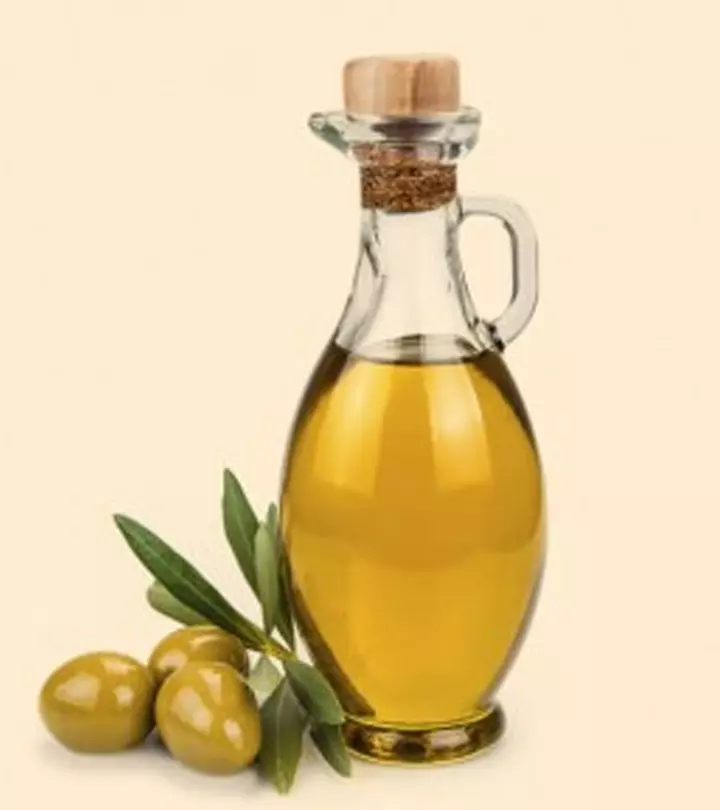
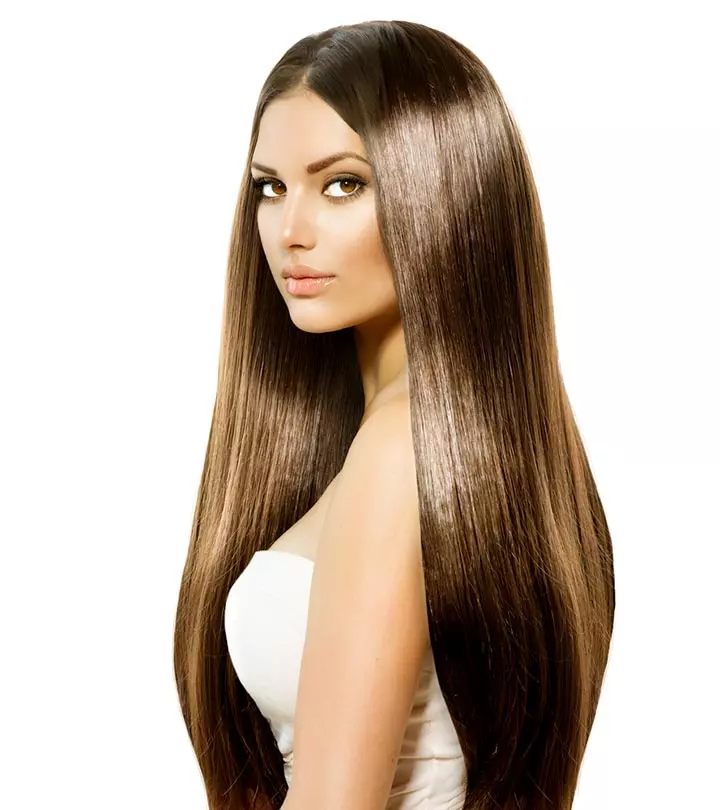
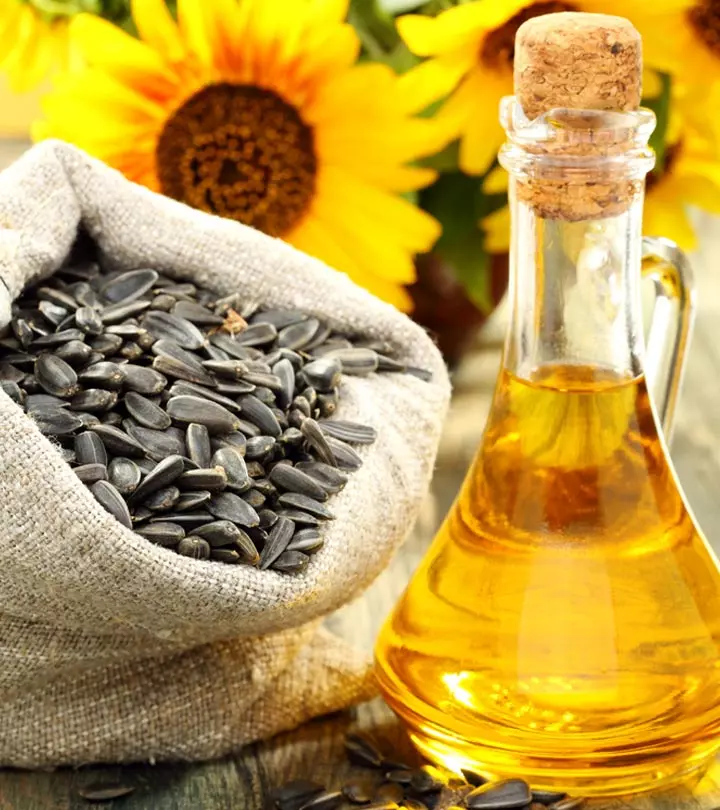
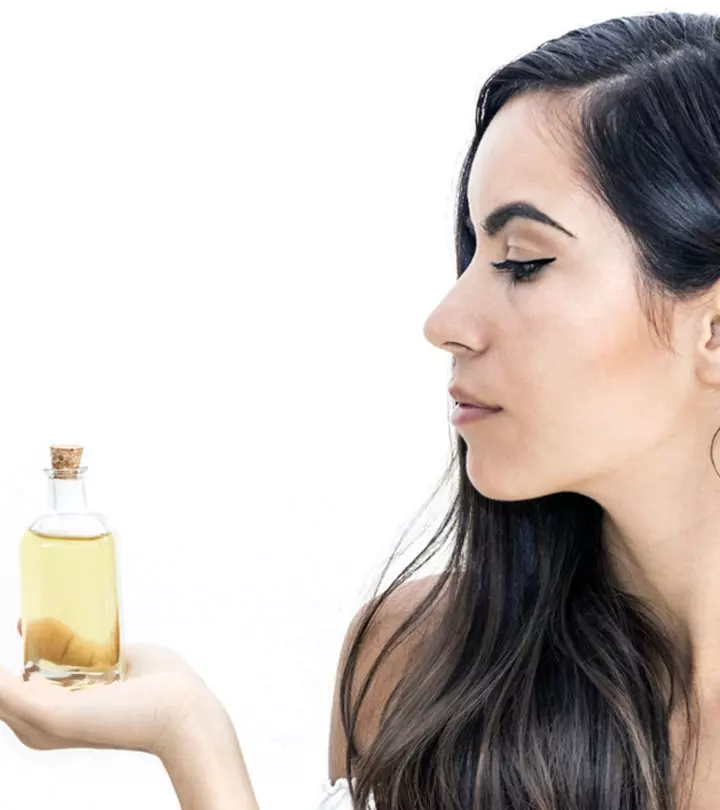
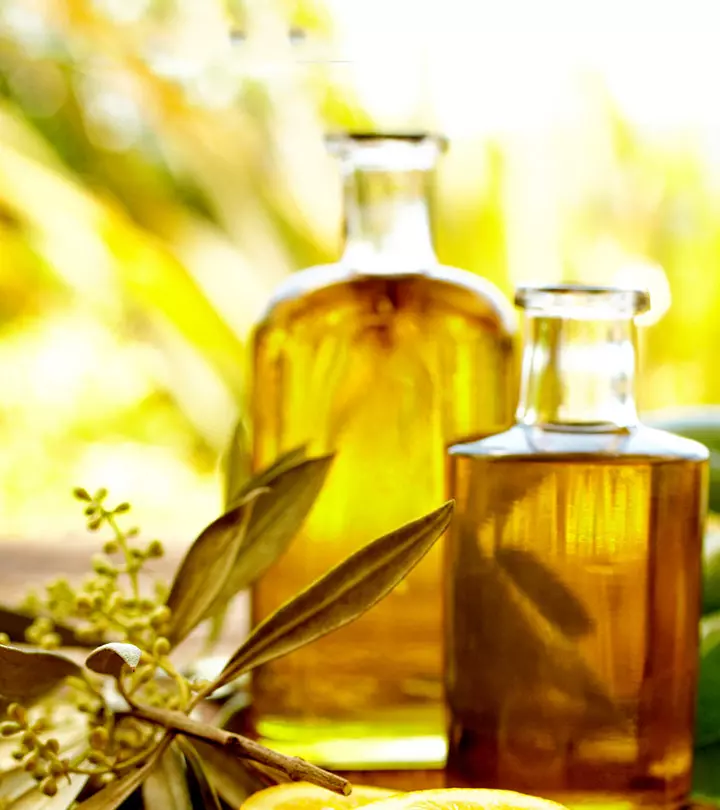
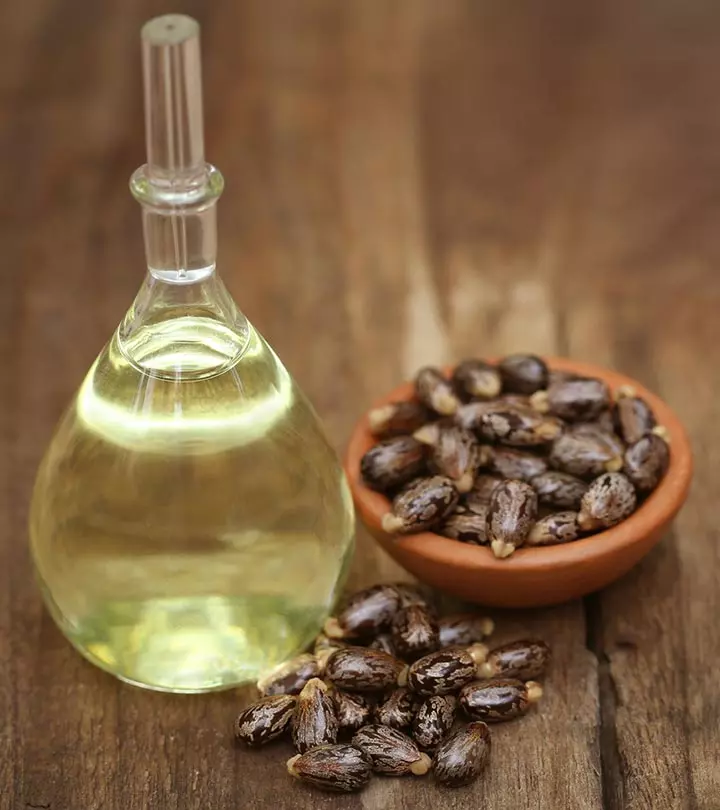
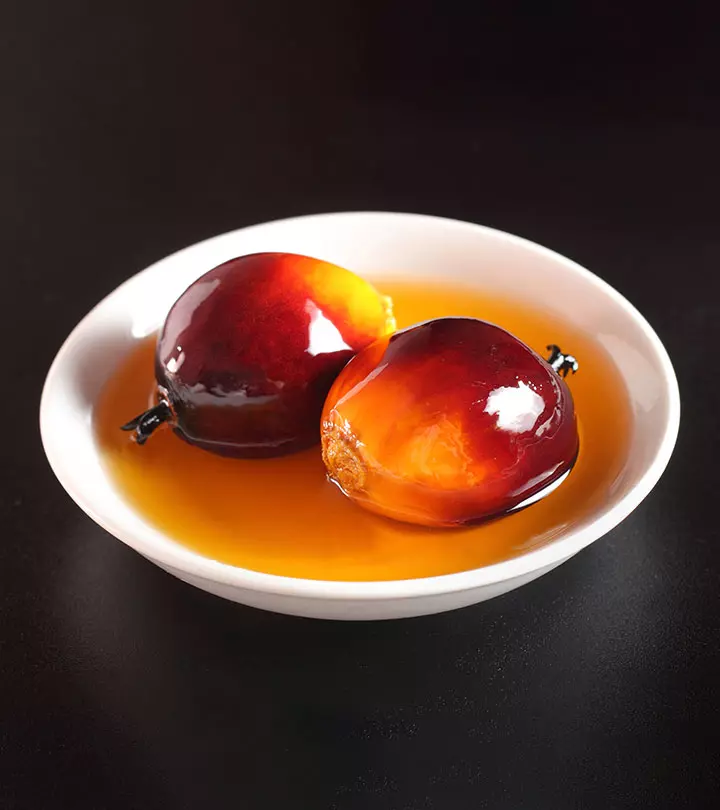
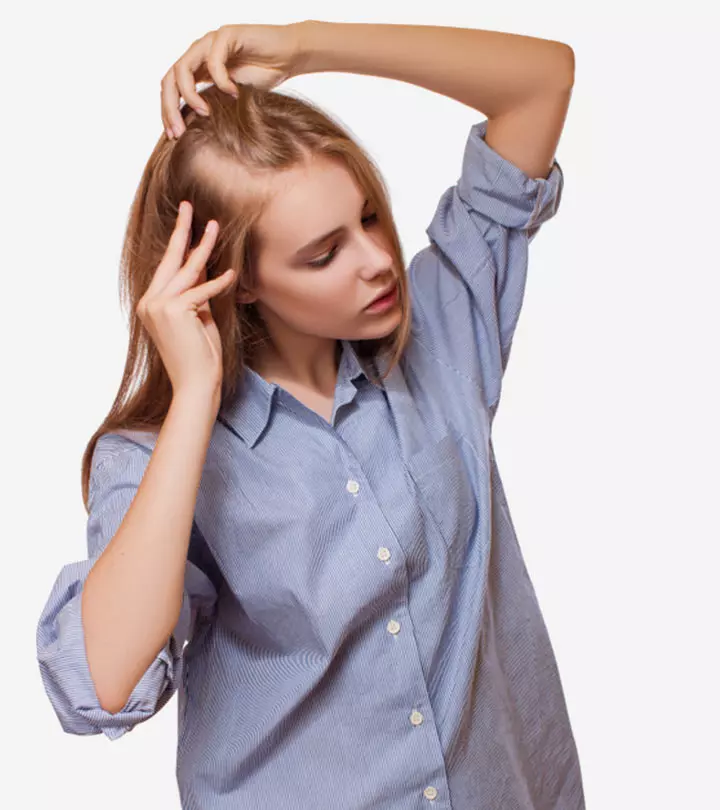
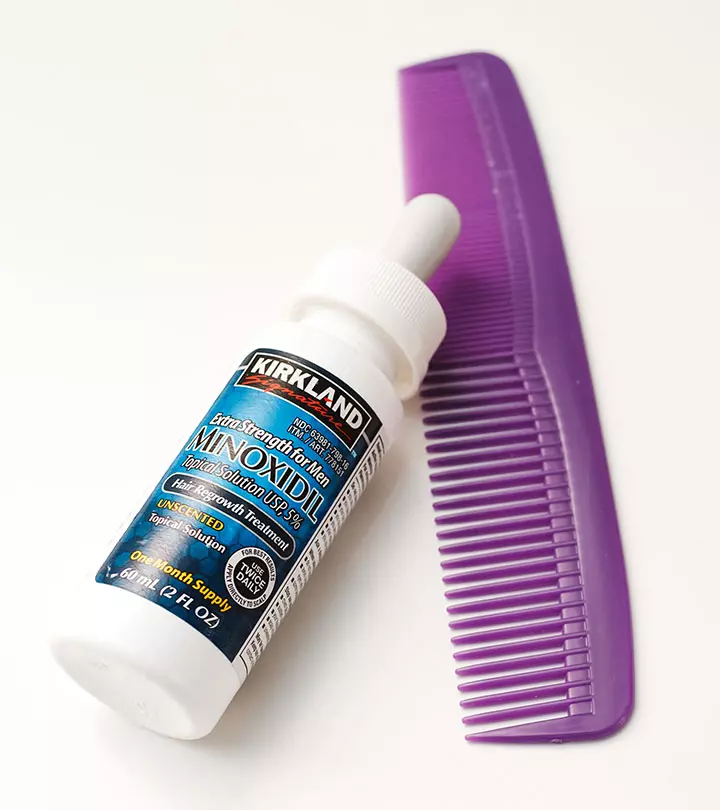


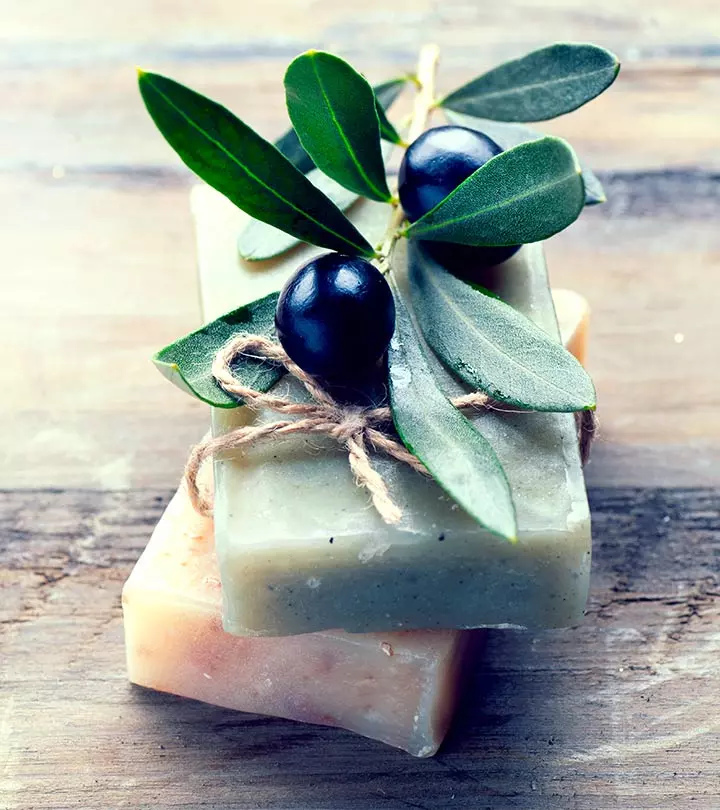
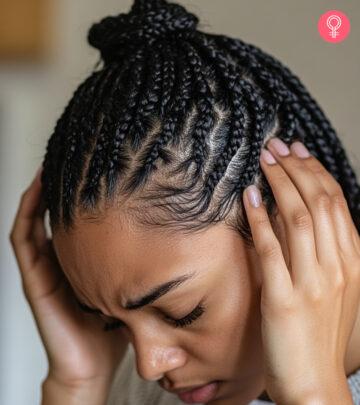
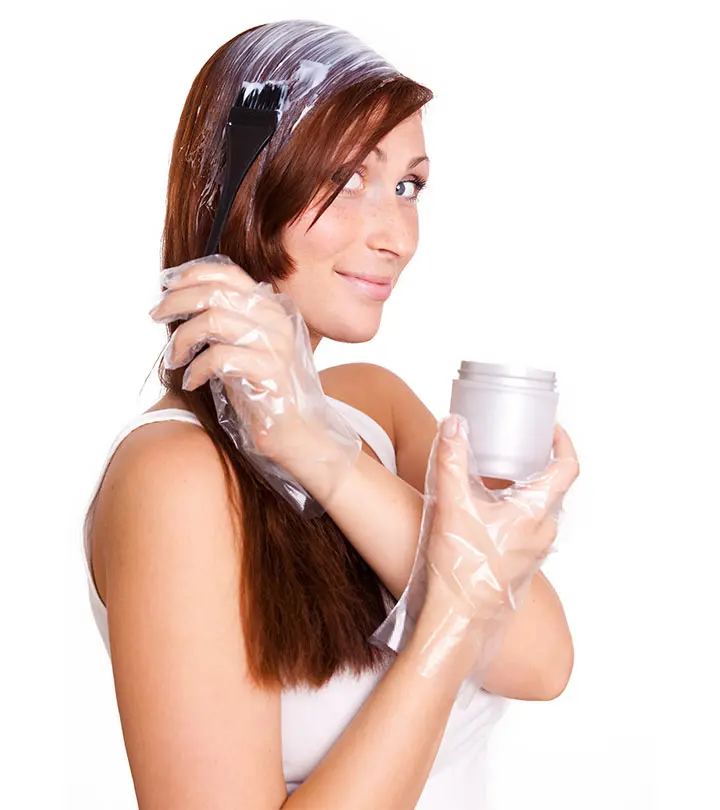
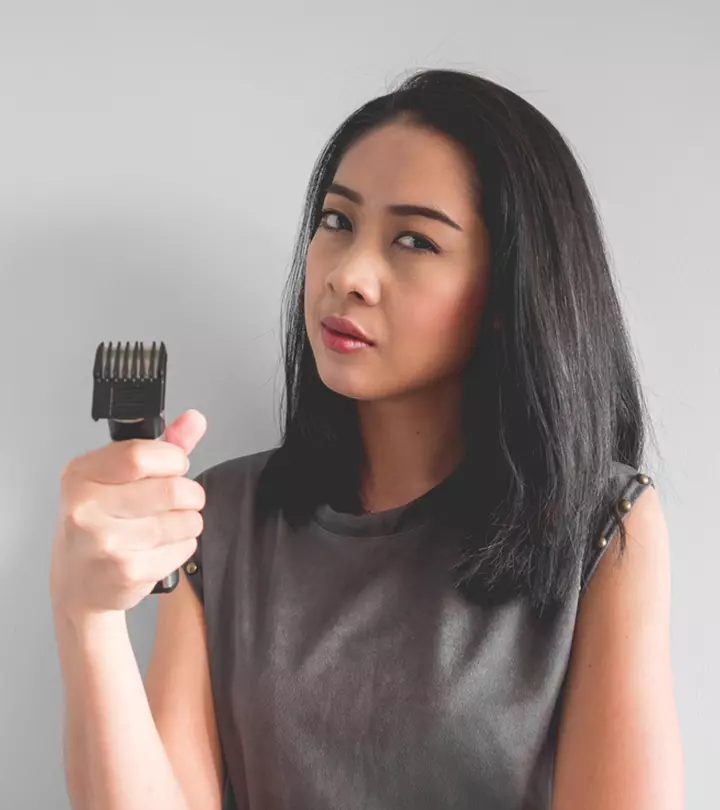

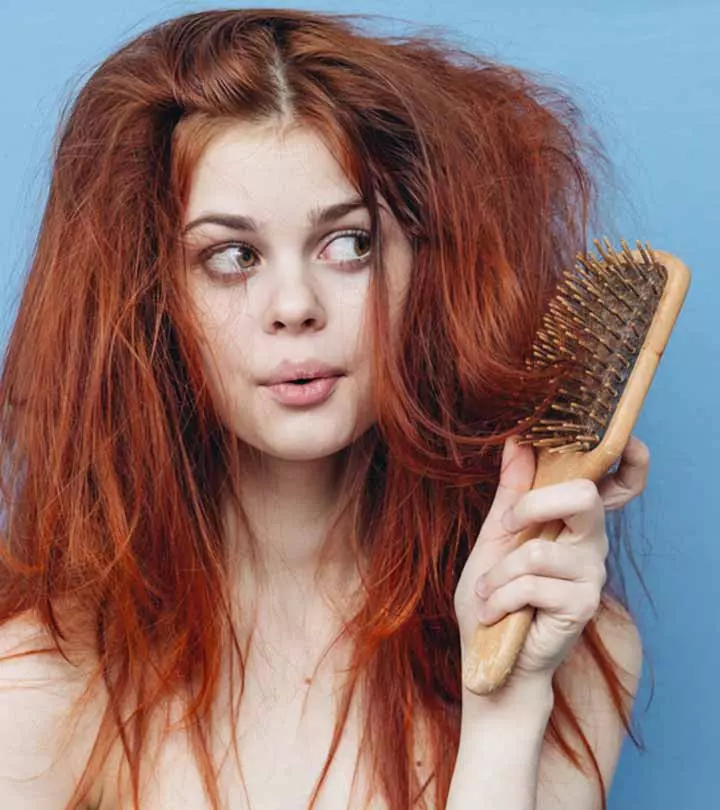
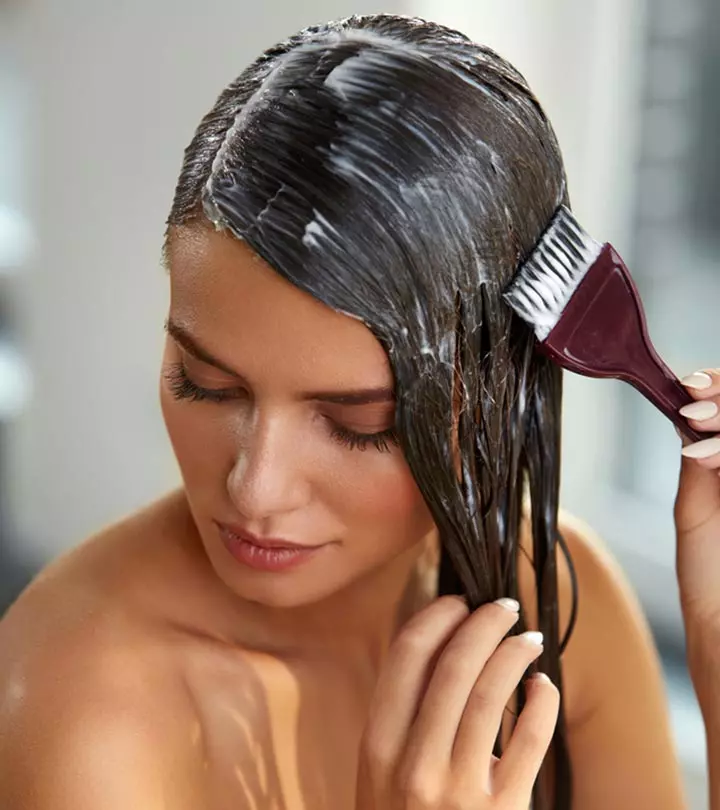

Community Experiences
Join the conversation and become a part of our empowering community! Share your stories, experiences, and insights to connect with other beauty, lifestyle, and health enthusiasts.